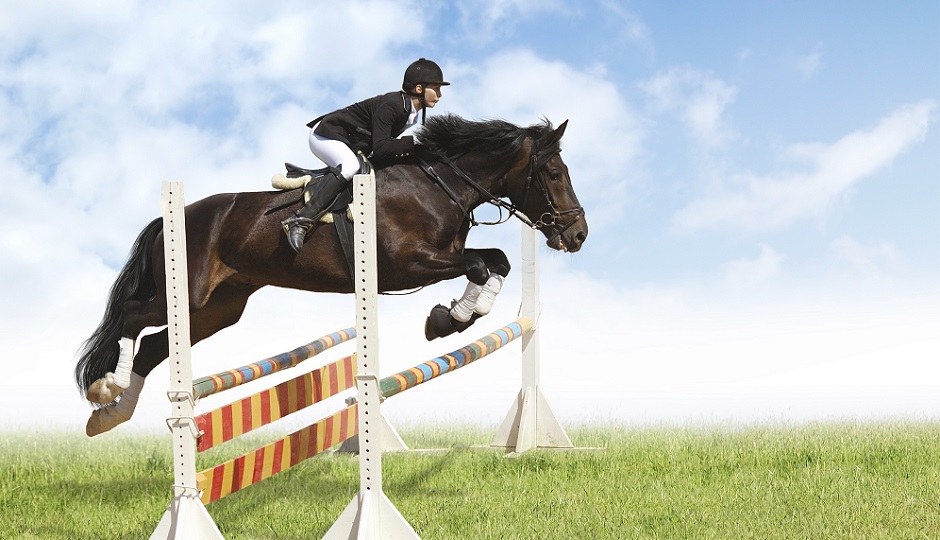
Although about 20% of pathological gamblers in treatment engage in sports betting, there is a significant lack of empirical information regarding the profile of sports gamblers.
The objective of this systematic review is to describe the characteristics specific to sports gamblers, particularly with regard to their gambling habits and beliefs. The review also aims to provide some avenues for reflection regarding the distinction between chance and skill in sports betting.
Sports gamblers believe it is possible to develop skills that will lead to greater financial gains.
Of the 990 studies identified, 30 (18 on horse race bettors, eight on sporting event bettors, three on horse race and sporting event bettors, and one on sports pools/fantasy leagues) met the inclusion criteria (contain data on the gambling habits or beliefs of sports gamblers).
The study samples were primarily comprised of college-educated men between the ages of 30 and 50. Sports gamblers bet an average of $100 to $200 and spend around 10 hours each week preparing their bets. Three of the four studies that examined the role of luck and chance in sports betting suggested that sports gamblers make better predictions than chance, but are prevented by the structure of the sports betting activity from achieving greater financial gains than those resulting from random selection.
Almost all of the studies on the beliefs of sports gamblers showed that the latter believe it is possible to develop skills that will lead to greater financial gains. These findings highlight the need for further study into the role of erroneous beliefs on the gambling behaviour of sports gamblers.
Main researcher
Serge Sévigny, Université Laval
Deposit of the research report: December 2015
